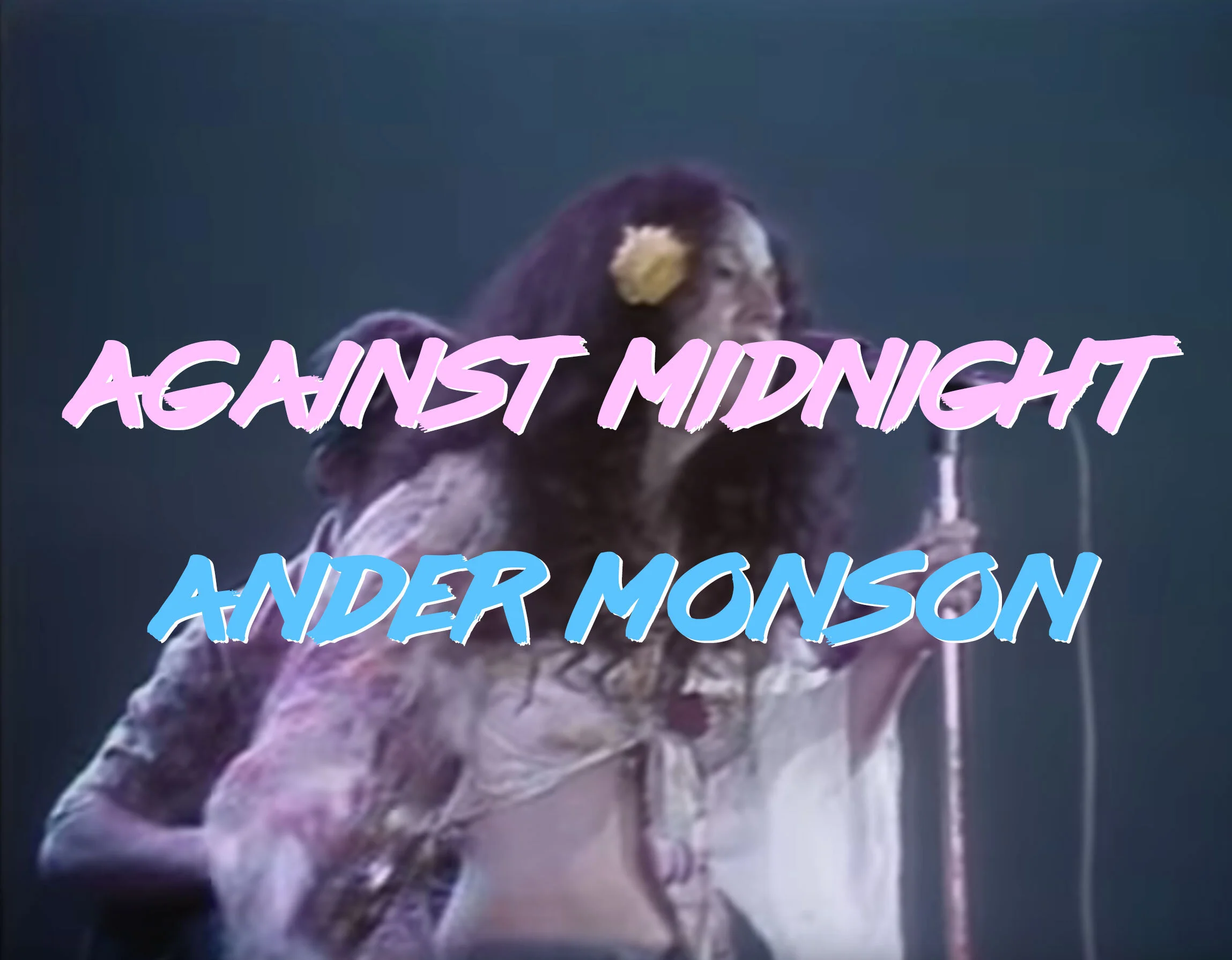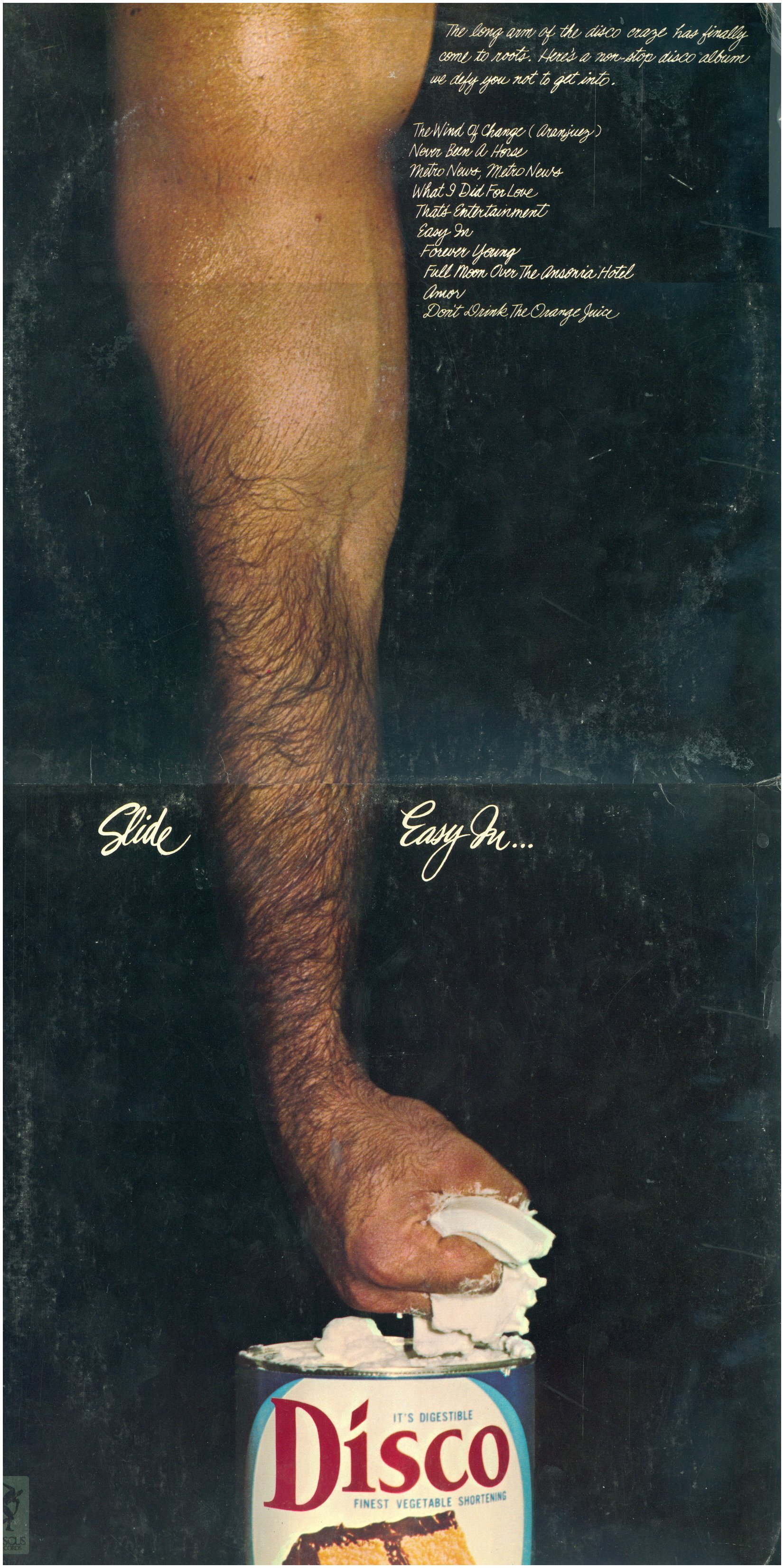David Hasselhoff
Like a lot of people on the internet, I listened to 80s icon and German pop star David Hasselhoff covering the Jesus and Mary Chain’s “Head On.” I am prepared to dislike it, and I do, or I mostly do. Do I like it or do I not? Can I even like it through this predisposition I seem to have? Hasselhoff is something of a camp legend at this point as a musician (see, for instance, the video to “True Survivor,” his pretty great credits song for the pretty great and totally gonzo 80s throwback movie Kung Fury). As my wife would tell, you, the JAMC are indeed coverable: She argues that the Pixies’ cover of Head On (from Trompe Le Monde) is the superior version, to which I say: NAY, LADY, NAY. Six-year-old daughter presently agrees with mom, so it’s two to one in this household.
I do see their argument, however. What I want to understand is if it’s even possible to like Hasselhoff’s “Head On.” Or is it even possible for me to like it? Is it even possible for me to hear it? I like the phenomenon of Hasselhoff but not the music, at least not as Serious Music, which is what I consider “Head On” to be, though since I had to explain (horrifyingly) to some of my grad students who the band New Order are (it clicked when I said they used to be Joy Division), I’m not so sure that anyone cares about whether something is Serious Music or not, but I seem to. By Serious I guess I just mean formative and sacred. Just that. So when I’m trying to listen to the Hoff’s “Head On” I don’t really think I’m ever going to hear it.
Working
There’s lots of music that works on me like this. Some of it is unhearable through my previous experiences of it (“Hotel California” and “Sweet Home Alabama” are two obvious songs permanently mutilated by association). Some of it is unhearable for other reasons, like because of dumb claims I’ve staked at one point or another (“all songs before 1980 sucked”; I had to walk that back on account of the Rolling Stones primarily; when I called my wife to tell her I had been listening to Exile on Main Street while she was at work and that I thought it was, surprisingly, pretty good, she just laughed at my ass).
Some songs I was just introduced to in another version that came to define the song to me. Sometimes these are even—very obviously, according to everybody—worse versions, like Billy Idol’s ill-fated take on the Velvet Underground’s “Heroin”:
Because I didn’t know it was a cover when I heard it first, I kind of thought it ruled, and by the time I heard the original, I had been imprinted with Mr. Idol. Even though I know it’s objectively worse, I still prefer Idol’s version with all its early 90s dance inflection. As bad as it is, it’s my badness.
AM Gold
Many people like it but I do not. As a gesture of romance, for our anniversary a few years back I I purchased my wife (March Badness Committee Member Megan Campbell) The Easy Rock Collection 8 Volume CD Set which I saw at the time of this essay’s composition was now listed on Amazon, incredibly, as $70 new. If you like AM Gold, this is the definitive set to buy. If you want to torture yourself for your anniversary en route to a hotel in Scottsdale and for years to come, it is also the definitive set to buy. In fact, if you would like our copy, you can have it for $5.
In this context, friends, is where I discovered Maria Muldaur’s execrable “Midnight at the Oasis.”
MANY of the songs on the Easy Rock box set happen to be in March Badness (because they are very bad). Some are enjoyably bad (“Afternoon Delight,” for instance: I can kind of get behind that). Some are good or at least irresistible singalongs: like Pure Prairie League’s “Amie,” Juice Newton’s “Angel of the Morning,” or Carly Simon’s “Jesse,” and I have to admit a soft spot for Air Supply, which is a sentence I never thought I would write, but here I am.
“Midnight at the Oasis” is not one of those enjoyably bad songs. This is also not one of those songs that I love to hate, like anything by Michael McDonald or the Doobie Brothers. I hate them with all the passion of my being, but I can recognize the outlines of my own subjectivity asserting themselves when I listen to “Real Love,” for instance. (I hate his airy, punchable male vocals with a force, but I can admit that dude can sing.) Those I can handle. I can even handle the sheer stupefaction of “Muskrat Love” (about which you’ll read more in March Badness shortly).
Then on comes “Midnight at the Oasis.”
I’ll wait if you want to listen to the whole thing, so we can be on—I hope—the same page.
Confusion
When I first heard this track I couldn’t even identify what it was I was listening to. Its first two jazzy chords already cued my resistance, and then it kicked in with its lilting irritant:
Midnight at the oasis
Send your camel to bed
Nope. I’m already a hard pass. It’s just so cute, so light, so awful. Muldaur’s vocals are part of the problem, with their flighty scoobedebop. It’s like she’s barely in the song. If she’s not in the song, why should I be, especially since it’s supposed to—I think—be sexy?
At no point does she do more than lightly touch down on the melody, noodling around each awful lyric.
By this point in my Easy Rock anniversary orientation I thought I understood what AM Gold was: cheesy, adult, and increasingly hard to take. But “Midnight at the Oasis” bewildered me. I sent my camel to bed. Kept listening.
The chord progressions are horrible. Even the slide guitar rankles with its crappy little fills. It is a mercy when Muldaur stops singing and the guitar solo comes in.
It bears mentioning, but we should put off, for the moment, the song’s casual racism which I think even the US President could probably successfully identify.
Localization
Come on, Cactus is our friend / He'll point out the way.
I do however feel obliged to point out that the fantasy scenario concocted by Ms Muldaur—or songwriter David Nichtern, who is best known for this song and his later work on soap opera One Life to Live, seems to have no understanding of Middle Eastern flora. While there are some sheikhs, there are no cacti in the Middle East. Nor, even if there were, can I imagine why you want to invoke these spiny plants as part of your call to bed. I guess maybe some of them look like dicks?
Or even if you were going to follow that dick-pointing cactus, which way said cactus would point you is unclear. I guess, best-case scenario, we’re contemplating an erotic experience among dicklike cacti and sand dunes (which is not frankly all that appealing, especially in Saudi Arabia where that kind of behavior would likely get you caned or stoned by the religious police). I do not recommend close-reading the lyrics.
Repetition
For this essay I was obliged to listen to the song multiple times so as to try and understand it better. For instance, a few years ago, I found myself listening to “Sweet Home Alabama” for art. When I listened enough it began to soften me. Would this experience repeat with “Midnight at the Oasis?”
Reader, it did not get better. It was as lifeless and unidentifiable on the fortieth listen as it was on the first, though I felt worse about myself. Of course this song was a massive hit. It peaked at #6 on the Billboard Hot 100 (thus eliminating it from official Badness consideration). Billboard ranked it the No 13 song for 1974. It was nominated for two Grammies: Record of the Year and Song of the Year.
Apparently many love it. Perhaps you are among them.
If the Youtube commenters are to be believed, “Midnight at the Oasis” is:
“just a perfect song” (hibob418)
“so mello,full of love and not offensive.” (Kenneth Ayers)
“sultry and melodic” (Lisa Milena Music)
“one of the best vocal recordings ever made” (Laura Jordon)
It is certainly none of these things. It is a bag of clichéd, mildly racist, unmusical, dated crap-jazz featuring a series of barely-even-double-so-let’s-call-them-single entendres:
And you won't need no camel, no no
When I take you for a ride
I mean, I like sex songs as much as the next listener (if I’m being honest, probably less; I prefer my overtures at an angle), but for a sex song, it’s sure a boring, bodiless fantasy. And in 2019 if we’re gonna get taken down on twitter for our casual brownface, I’d at least like to feel some sizzle. I mean, if even fucking lite verse king Rod McKuen could bring it in 1977 for his LP Slide… Easy In—
—I think we can expect more from the 1970s.
Racism
I'll be your belly dancer, prancer
And you can be my sheikI know your daddy's a sultan
A nomad known to all
With fifty girls to attend him, they all send him
Jump at his beck and call
Because in 2020, it’s way too easy to revisit the casual racism of songs with lyrics like this, racism is pretty low on my list of reasons why this song sucks. But they don’t not matter either.
Immersion
So, sitting in the car with my wife, who knows a spectacular amount about this regrettable era of music, I asked her who Muldaur was. She had no idea. So later I do some research, and it turns out that Muldaur has a hell of a musical career, with dozens of albums, and is still out there doing it.
And here’s where I begin to fear that if I go too far into MuldaurLand I may not be able to come back with the comfort of my hatred intact. How far can I write about this without having to also accept David Hasselhoff? Who would be next? Paul Anka?
In fact, as I’m researching her, I realize she is playing a show in Tucson, where I live, in less than a month. Ugh. Does this mean I have to go? Can I maintain my intense dislike of the song in the face of an experience with the actual musician live? The thought lights me up and sickens me all at once. I look her up. She has fewer followers on Twitter than I do. I soften a little.
Best Intentions
I was really planning on going. I had it on my calendar. I was ready to face up to my own subjectivity and my own porousness. If Muldaur could get inside me, anything could.
But then I looked at the price: tickets to this show were forty bucks. Forty bucks?
I’ll save you the dramatic section break and tell you that in fact I did not attend this show. I also may have been fairly drunk, and as the world softens and I become more porous, it felt like an existential risk to expose that soft self to Maria Muldaur.
Big Time Sensuality
The last thirty seconds of the song are Muldaur cooing and oohing in what may, I think, be meant to sound sort of orgasmic. I’m not sure that’s what a fade-out is for, but fade out it does, and I am thankful, until I cue it up again.
I realize now that “Midnight at the Oasis” is less than a year older than I am. One often-cited review of this album describes it as “so sensual and evocative that it was probably one of the most replayed records of the era and may be responsible for the most pregnancies from a record during the mid-'70s." I would not describe it as sensual or evocative unless the thing it evokes is—
wait.
Oh god.
It is possible that this song could have soundtracked my conception. My mother loved Anne Murray. My dad loved the easy radio country of Alabama. This fits reasonably well in the space between them. Later, he and my brother and I would move to Riyadh, Saudi Arabia, where I did see many camels and never heard a Maria Muldaur song. In fact you could probably be beaten by the mutawa (religious police) for playing it, which is one of the few punishments in the kingdom that actually befits the crime.
Is that why I hate it? Because it evokes my parents’ sex life? Or at the least, that it was in the water as they did their thing?
Man. It’s so easy to hate stuff.
Porousness
As I listened to the song for the fortieth time on repeat, writing the first draft of this essay (after midnight, nowhere near an oasis, though it’s been raining in Tucson for the last couple days, which could mean that the oasis is at us) I began to get a sense of increasing physical discomfort: itching and a barely perceptible tickling feeling. Oh great, I thought: I’ve developed a psychosomatic response. I played it again, seeing what would happen. It was after the forty-eighth time through that I realized that my office floor was swarming with fast-moving ants.
I am not opposed to ants, but when I realized that I was sitting among a swarm of them I almost puked on the keyboard. I took a good long break, got the Shop Vac, and sucked up as many of them as I could, after which I reapplied the perimeter of diatomaceous earth around the front of the house that I had previously erected to repel a previous intrusion. Either the rain had washed it away or the dulcet tones of Ms. Muldaur summoned them: either way they found their way back in. I grabbed a couple cups of the powder and blasted both the inside and the outside of the wall all around their point of intrusion.
Diatomaceous earth, a fine white powder, is a solid solution to an ant invasion: it’s safe for both people and pets (or pets that aren’t ants). And it kills ants (and many other insects) by cutting them, I’d been told, but on further research, that’s only part of the story. It can cut them (it’s abrasive at their size, though soft at our scale), but what it really does is degrades ants’ exoskeletons to the point where they lose water to the dry surrounding air, dehydrating them, often fatally. This is probably what waits for most of us in the desert eventually, assuming climate change continues accelerating our push into more and more extreme weather (as I finish this draft, Australia’s wildfires can be seen—quite easily—from space) and drought, at least here in the real desert where we have actual cacti and no one wants to fuck in them.
As I killed ant after ant and reapplied diatomaceous earth to every crack I could find in hopes of stopping the invasion, “Midnight at the Oasis” kept repeating. I sat back down at my office chair after some unmeasurable time had passed. I idly scratched my elbow. Now everything felt like it was trying to get into me or pull something out of me: a very queasy feeling. I don’t believe in God but I do believe in signs, and this sure seemed like one, so at that point I shut “Midnight at the Oasis” off and resolved never to play it again, as I suggest you also do.
Ander Monson is one of the members of the Official March Badness Selection Committee. More here.



